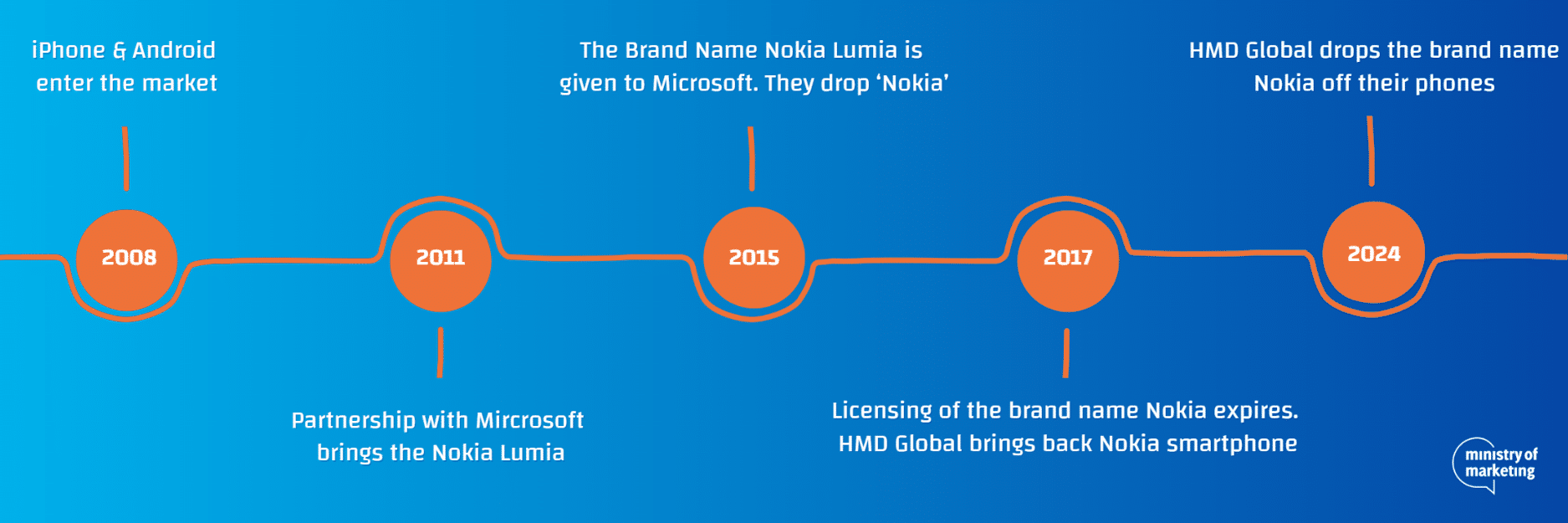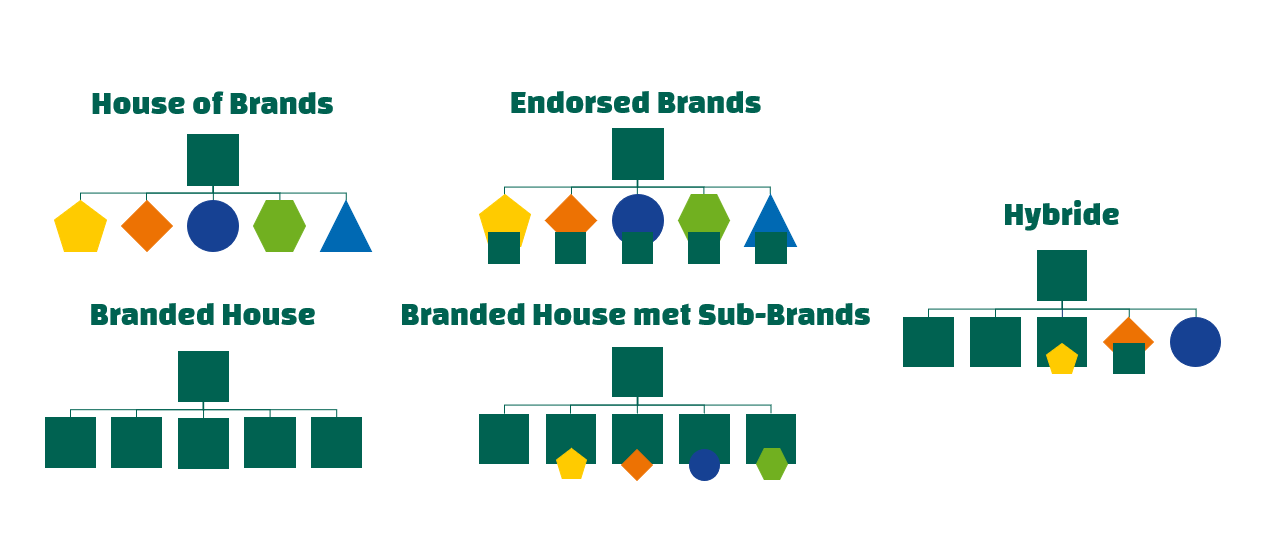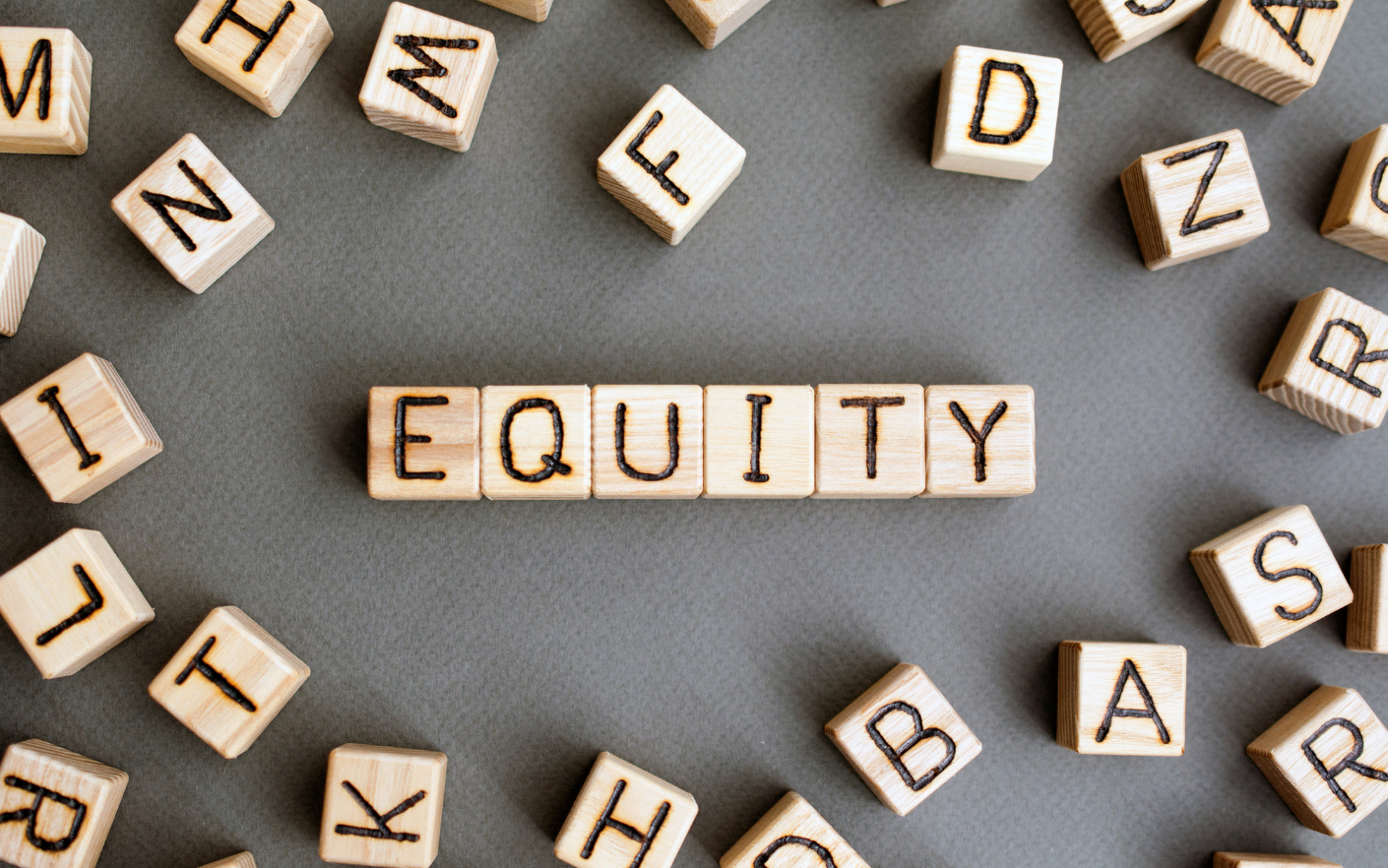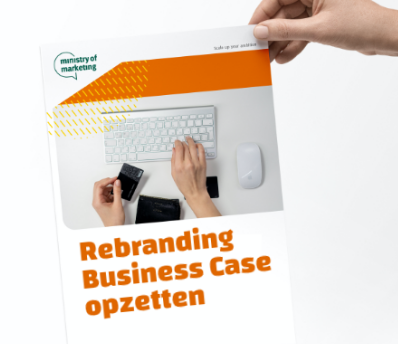Nokia was en is nog steeds één van de meest bekende merknamen als het gaat om mobiele telefoons, maar de connotaties zijn veranderd. Toen Nokia begon met het produceren van mobiele telefoons in de jaren ’90 nam het merk al snel de leiderspositie in. Tegenwoordig is het vooral een nostalgisch merk, een naam die doet denken aan simpelere telefoons met één iconische ringtone, snake en onverwoestbare behuizing. Hoe heeft de perceptie zo kunnen veranderen en wat was de invloed op de waarde van het merk?
In dit artikel lees je drie belangrijke marketinglessen uit de praktijk, zoals:
- De overschatting van de kracht van het merk, de marktpositie van dat moment en het zelf ontwikkelde product.
- Een verkeerde timing om op de veranderende vraag in te spelen.
- Het ontbreken van een goede product-markt fit.
The rise to fame
Merknaam Nokia kent een lange geschiedenis. Ooit startte het in 1865 als een molen voor houtpulp met latere uitbreidingen naar rubberproducten. Echt naam maken gebeurde aan het eind van de vorige eeuw, toen ze een digitale telefooncentrale ontwikkelden. In 1996 creëerden ze hun eerste smartphone en in 1998 waren ze marktleider met een wereldwijd marktaandeel van 40% en zelfs 70% in het Verenigd Koninkrijk. Het merk werd zo alomtegenwoordig dat de kenmerkende Nokia-ringtone naar schatting 1,8 miljard keer per dag gehoord werd rondom de wereld. Er werden zelfs vogels gespot die de piepjes konden nafluiten. In 2007 werd de merkwaarde van Nokia geschat op 32,3 miljard euro, waarmee het het meest waardevolle Europese merk was.
Nieuwe concurrenten en overname
Maar toen… Toen kwam de concurrentie op stoom. In 2008 was de eerste iPhone gelanceerd en werd het Android systeem de nieuwe standaard. Binnen een paar jaar namen Samsung en Apple de koppositie over. Nokia slaagde er niet in om zich aan te passen aan de nieuwe ontwikkelingen. In een poging hun marktaandeel weer terug te krijgen werd er een samenwerking gestart met Microsoft. De Nokia Lumia met een Windows besturingssysteem kwam op de markt, in verschillende prijsklassen én met nieuwigheden als draadloos opladen. Dit bracht weer wat stabiliteit, waarna Nokia besloot om zich op nieuwe markten te richten. De Nokia Lumia werd overgeheveld naar Microsoft, die al snel besloot om de merknaam Nokia te laten vallen. Van 2015 tot 2017 was Nokia daardoor niet meer te vinden op smartphones. In 2017 liet Windows de merkrechten los en kwam Nokia terug op de markt. Dit keer uitgebracht door HMD Global, een Fins bedrijf dat vooral bestond uit oud-werknemers van Nokia. De start daarvan liep best lekker, maar na een paar jaar strandde ook deze poging. Sinds 2024 staat de naam Nokia niet meer op de HMD telefoons. De licentie op de merknaam zal naar alle waarschijnlijkheid verdwijnen.

Wat ging er mis?
Nokia sloot te lang de ogen voor de veranderende markt. De vraag naar smartphones groeide explosief, waardoor de verkoopcijfers bleven stijgen, terwijl Nokia wel steeds meer marktaandeel verloor. Daardoor konden ze nog een paar jaar goed door produceren, terwijl de veranderingen in de markt onopgemerkt bleven.
- Ze speelden te laat in op de vraag van de markt: de app store kwam uit in 2008 en voorzag in de behoefte om makkelijk apps te vinden en te downloaden. De Play Store (toen nog Android Market) volgde snel, en Nokia’s antwoord Ovi Store kwam er pas een jaar later. Niet alleen te laat, maar ook nog eens veel ingewikkelder voor app ontwikkelaars.
- Ze gingen niet mee met hun concurrentie: toen iedereen overging op het Android besturingssysteem bleef Nokia vasthouden aan hun eigen besturingssysteem: Symbian.
- De merkperceptie veranderde langzaam maar zeker, Nokia werd niet meer gezien als innovatieve koploper en dit hebben ze niet meer weten bij te sturen.
De toekomst van merknaam Nokia
De licentie van HMD Global om de merknaam Nokia te gebruiken voor telefoons gaat naar alle waarschijnlijkheid aflopen, en wordt dan weer beschikbaar. Theoretisch zou een ander bedrijf de rechten kunnen verkrijgen en opnieuw Nokia-smartphones op de markt kunnen brengen. Toch lijkt die kans klein. De waarde van de merknaam is de afgelopen jaren sterk gedaald, en in een markt gedomineerd door Apple en Samsung is de nostalgiefactor alleen niet genoeg om weer relevant te worden. Nokia als bedrijfsnaam blijft bestaan in de telecominfrastructuur, maar als consumentenmerk is het onwaarschijnlijk dat het ooit nog dezelfde impact zal hebben als in zijn gloriedagen.
Bronnen:
https://tweakers.net/reviews/9986/all/de-naam-nokia-verdwijnt-van-de-smartphonemarkt.html
https://www.standaard.be/cnt/341hgc93
https://www.theguardian.com/technology/2024/dec/08/nokia-mobile-finnish-brand-ringtones
https://www.theregister.com/2001/05/11/birds_sing_mobile_phone_tunes




